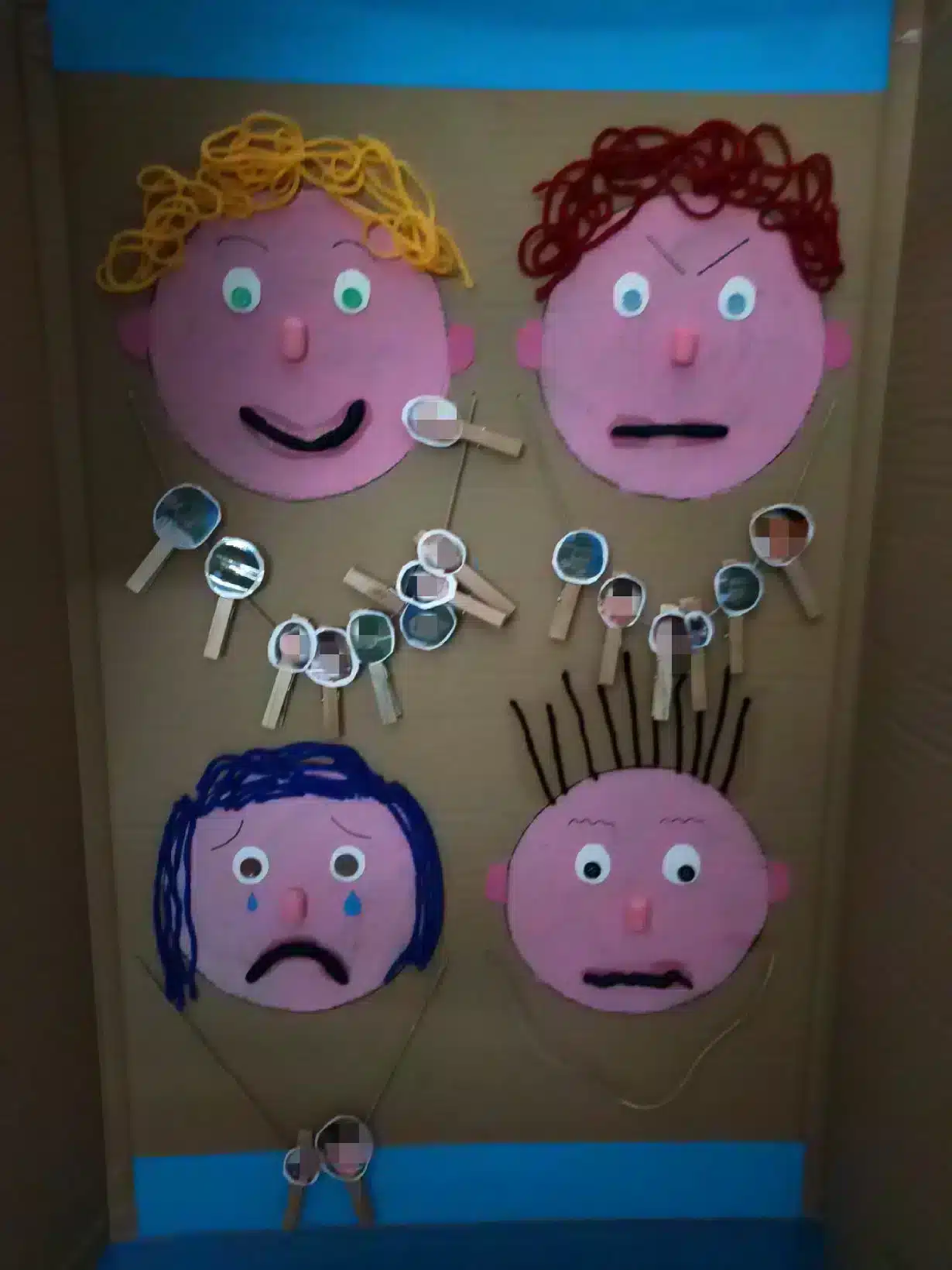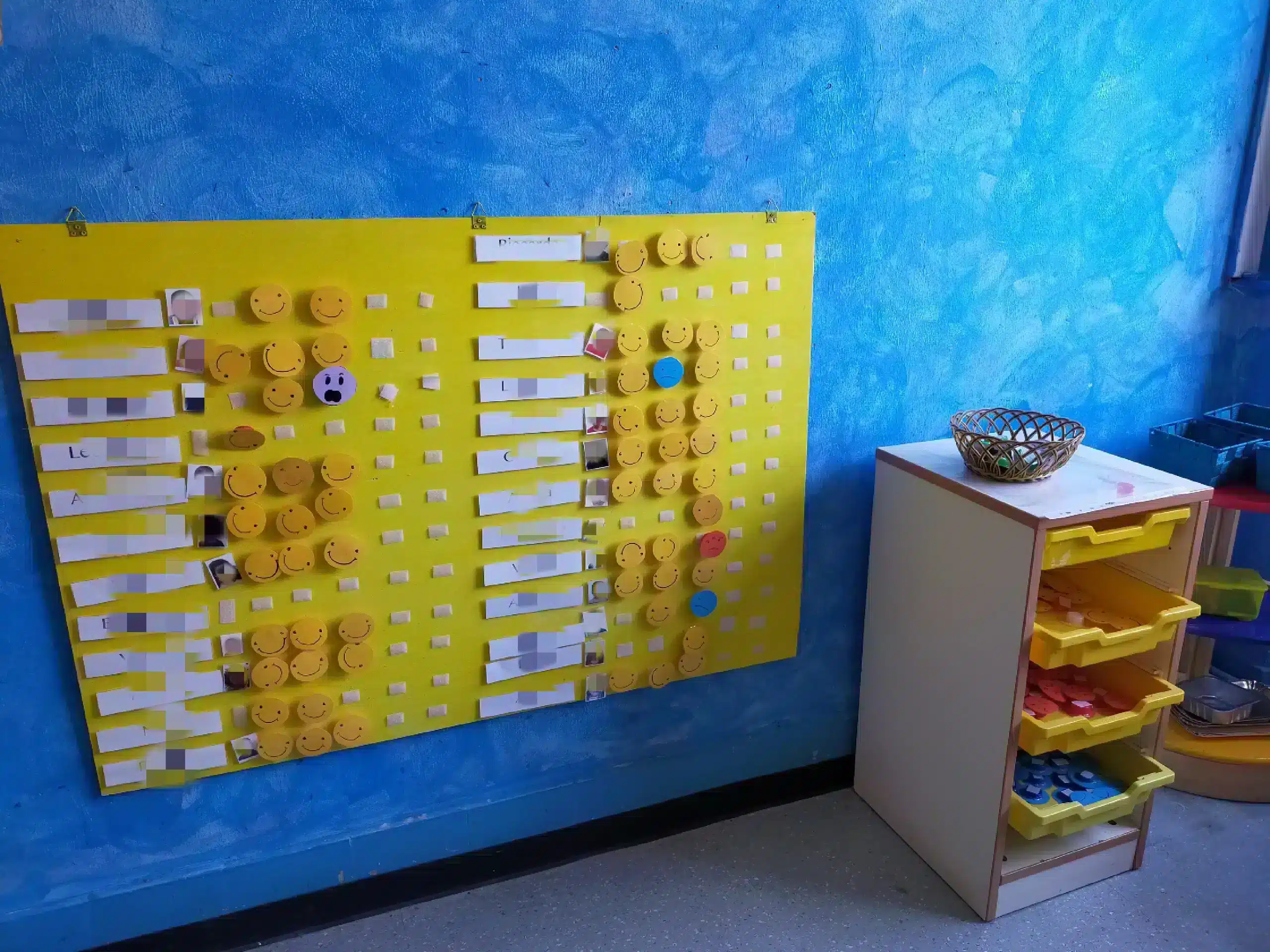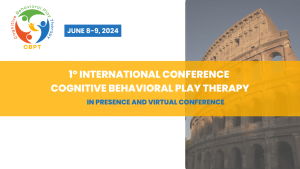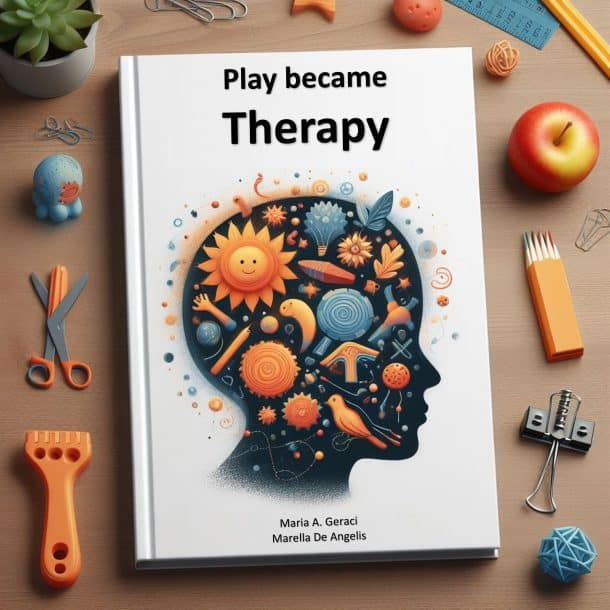TEACHERS TRAINING
The Center deals with interventions aimed at schools that originate from the CBPT model.

In particular, the proposed projects are inspired by research work on Cognitive Behavioral Play Intervention (CBPI). In particular, the aim of the project proposals is to insert the game, within a cognitive-behavioral intervention, in the school environment through the involvement of pupils and teachers.
The proposals aim to actively involve the protagonists of the teaching-learning processes.
Therefore, in order for the intervention to increase its effectiveness, it cannot be reduced to a mere transmission of information and knowledge, but must involve the teachers in a process that implies:
1. Identification of system resources and difficulties.
2. Co-construction of response and/or solution strategies to the problems that emerge.
3. Accompaniment of teachers involved in training to experimentation in the classroom and with colleagues.
4. Analysis of changes and transformations that have taken place and redefinition of new training courses.
HOW ARE THE PROJECTS ORGANIZED?
Our training model was designed to meet all these objectives. In fact, it is a training-accompanying process, which takes place in five stages.
| Phases | Processes | Targets | Implementation |
|---|---|---|---|
| I | Sensitization | Inform and transmit the prerequisites for play therapy at school | Meetings in small and large groups |
| II | Collection of information | Definition of the problem subject to intervention | Collection of information on children and teachers; meetings in small and large groups |
| III | Intervention-Accompaniment | Collection of field observations, definition and application of intervention practices | Analysis of the proposed cases; individual and/or small group meetings |
| IV | Balance | Critical analysis of the interventions in relation to the starting objectives | Meetings in small and large groups |
| V | Follow-up | Verification of the performance over time of the interventions carried out | Meetings in small and large groups |
The training model applies to all intervention topics specifically requested by the school. Its implementation involves a number of meetings distributed over the school year. Furthermore, the methods of meeting and the times of intervention are defined by the school coordinators of the project, based on the resources and availability of the school.
PROJECT OBJECTIVES
To offer a targeted training course, capable of providing teachers with tools to manage, both actively and functionally, groups of students and improve the relationship with them.
In particular, activities have the purpose of:

– Improve the relationship and communication with students.
– Help students develop a wide range of skills.
– Improve the adaptation of students in the classroom and in other school settings.
– Improve peer relationships.
– Preventing bullying, school violence and other related issues.
– Address the needs of students at risk.
– Take action on emotional and behavioral obstacles to learning.
– Work on the construct of hope and school adaptation.


